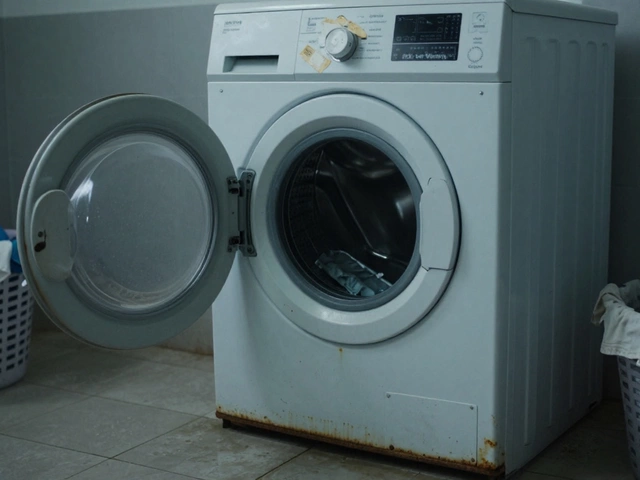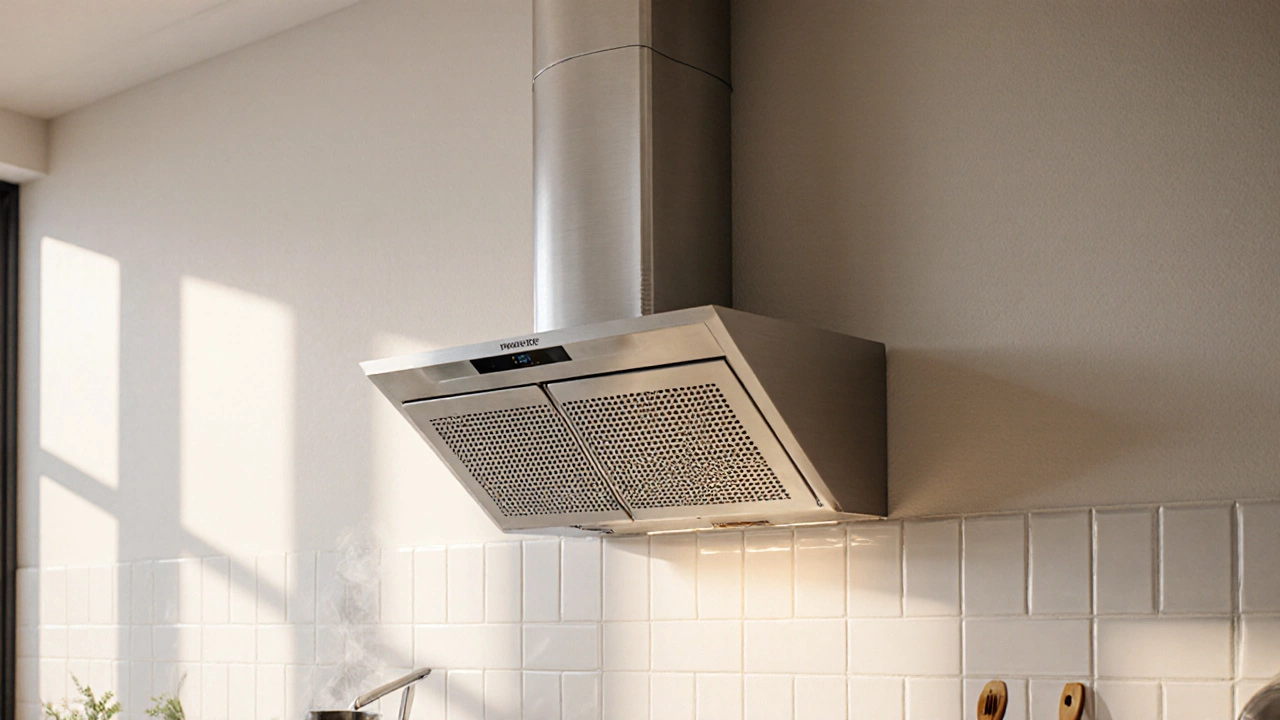Extractor Fan Maintenance: Simple Steps to Keep Your Fan Working Like New
Ever wonder why your kitchen or bathroom fan sounds like a dying cat or stops pulling air altogether? Most of the time it’s not a broken motor—it’s just neglect. A little regular upkeep can stop nasty smells, lower your energy bill, and save you from calling a pro for a simple fix.
Why Regular Maintenance Matters
Extractor fans do the heavy lifting of moving steam, grease and moisture out of your home. When dust and grime build up on the blades or in the duct, the fan works harder, gets hotter and wears out faster. That extra strain shows up as rattles, reduced airflow, or a burnt smell. By cleaning and checking the fan every few months, you keep airflow strong, noise low and the motor life long.
Step‑by‑Step Maintenance Checklist
Grab a screwdriver, a soft brush and a damp cloth. Safety first – unplug the fan or switch off the circuit breaker.
- Remove the cover. Most kitchen and bathroom fans have a snap‑on or screw‑on grille. Pop it off and set it aside.
- Clean the filter. If your fan has a metal or charcoal filter, soak it in hot, soapy water for 10‑15 minutes. Rinse, shake off excess water and let it dry completely before reinstalling.
- Wipe the blades. Use a soft brush or an old toothbrush to scrub away grease and dust from the blades and the housing. A little dish soap on the brush works wonders for kitchen fans.
- Check the motor. Look for loose screws or wobbling. Tighten any that feel loose. If the motor makes a grinding noise, a few drops of light machine oil on the bearing (if accessible) can smooth things out.
- Inspect the duct. Peek inside the vent pipe. Clear any blockages with a flexible brush or a vacuum hose. A clear duct means the fan doesn’t have to fight against back‑pressure.
- Reassemble and test. Put the cover back, plug the fan in and turn it on. Airflow should feel stronger and the noise should be quieter.
If after cleaning you still notice weak suction or strange smells, it might be time to call a professional. Some problems—like faulty wiring, burnt motors or broken fan blades—need a qualified electrician’s touch. Our own post “Do Electricians Fix Extractor Fans?” explains when you should pick up the phone.
Make this quick check a habit. For kitchen fans, a monthly clean is ideal because cooking splatters constantly coat the blades. Bathroom fans can be refreshed every 2‑3 months unless you run long hot showers daily.
Pro tip: Keep a small maintenance log on your fridge or a phone note. Write the date you cleaned the fan and any observations. Over a year you’ll see patterns—like a fan that starts losing power after six months—so you can act before it quits.
Remember, a well‑maintained extractor fan does three things: removes moisture to prevent mould, pulls away cooking fumes to keep your home smelling fresh, and runs efficiently to save you money. Spend a few minutes now, and you’ll avoid a costly repair later.
Need help with a stubborn motor or suspect an electrical issue? Our skilled technicians in Rugby are just a call away, ready to diagnose and fix any fan problem fast.









